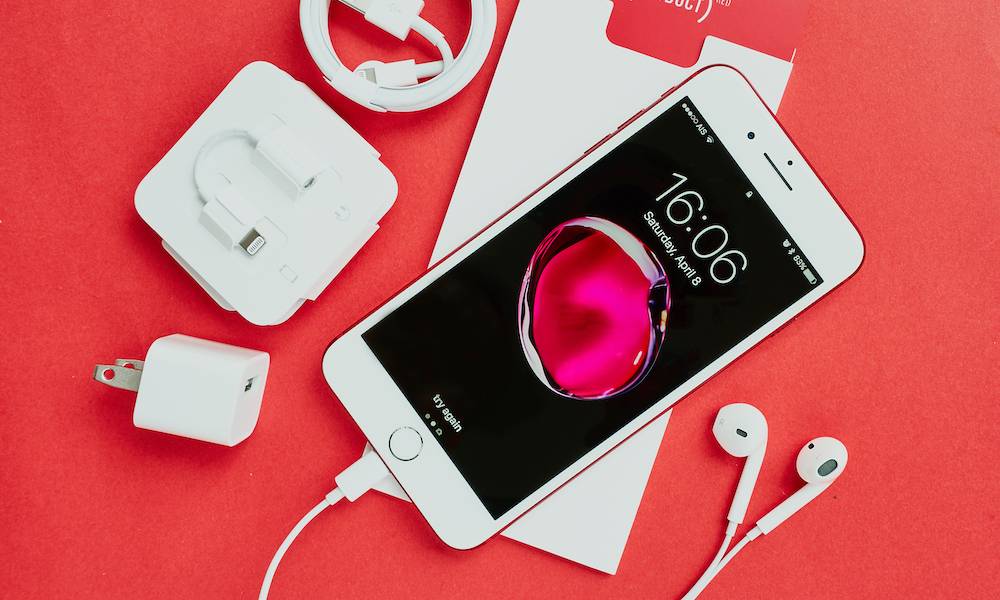German Court Bans Sales of iPhone 7 and iPhone 8
 Credit: Thanmano / Shutterstock
Credit: Thanmano / Shutterstock
Toggle Dark Mode
A German court on Thursday banned sales of iPhone 7 and iPhone 8 models in the country after it found that those devices infringed on a Qualcomm patent.
The Munich court found that those iPhones, equipped with Intel modems, allegedly infringed on a Qualcomm patent related to a very specific cellular feature (more on that below). As a result, the court issued a preliminary injunction on offending models, CNBC reported.
Specifically, the German judge ruled that iPhones containing a mix of Intel and Qorvo chips had violated a Qualcomm patent related to “envelope tracking,” which is a battery-saving feature used when devices send or receive wireless signals.
As a result, Apple said it would pull iPhone 7 and iPhone 8 models from its 15 retail stores in Germany. While those devices won’t be available directly from Apple, consumers can still buy them from carriers and resellers across Germany, the company told Reuters.
[amazon_link asins=’B07755LZ67′ template=’ChromaProductCard’ store=’idropncom0a-20′ marketplace=’US’ link_id=’8d2981f7-0490-11e9-95de-b346d90a66c2′]
Newer iPhones, like the iPhone XS, XS Max and XR, will remain available from Apple. The ruling also applies to iPhone X, but Apple no longer sells that device directly.
Of course, the Cupertino tech giant said it would appeal the decision. But the sales ban is still enforceable during the appeals process, which explains why the older iPhone models have been pulled from store shelves in the interim.
“Qualcomm’s campaign is a desperate attempt to distract from the real issues between our companies,” Apple said in a statement. “Their tactics, in the courts and in their everyday business, are harming innovation and harming consumers.”
The decision was the second injunction granted to Qualcomm this month and is just part of a global legal dispute between the San Diego chipmaker and Apple.
Qualcomm claims that Apple has violated its patents and shared trade secrets with Intel. Apple, for its part, accuses Qualcomm of anticompetitive and monopolistic business practices related to its patent licensing fees — an issue which the FTC is taking Qualcomm to court over in January.
Earlier this month, a Chinese court issued a similar preliminary injunction that banned imports of certain iPhone models which allegedly infringed on Qualcomm patents related to photo resizing and app switching.
Despite the ban, all of Apple’s iPhones remain available for sale in the country.
Additionally, Apple issued an emergency software fix that it said would “address” any concerns about potential patent infringement. Specifically, the iOS 12.1.2 update introduced new animations and tweaked other settings.
Of course, Qualcomm is unlikely to be satisfied with the fix. The chipmaker is still demanding that Apple stop selling its iPhone devices in China.
“Two respected courts in two different jurisdictions just in the past two weeks have now confirmed the value of Qualcomm’s patents and declared Apple an intriguer,” said Don Rosenberg, Qualcomm’s general counsel, in a statement.
Qorvo spokespeople denied that its envelope tracking chip infringes on Qualcomm’s patents. The International Trade Commission had previously determined that Qorvo’s chip did not infringe on the U.S. counterpart to Qualcomm’s German patent.






